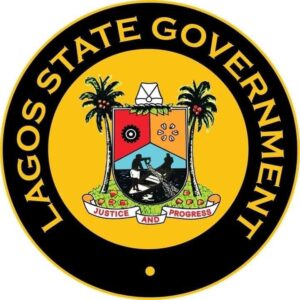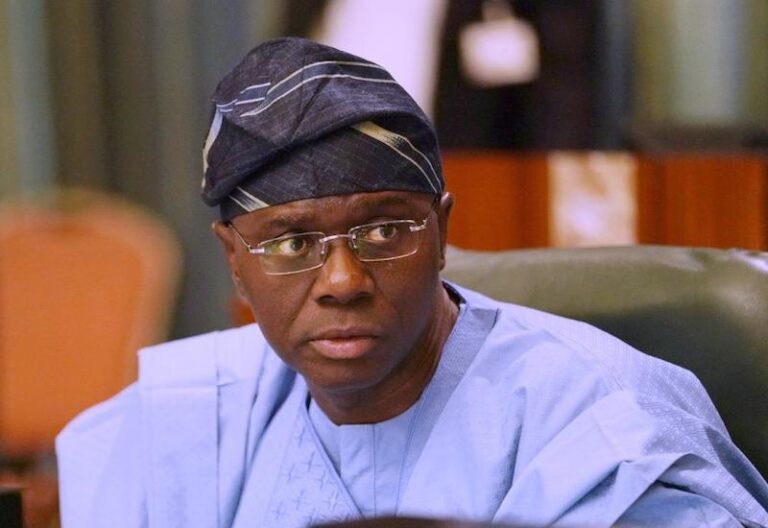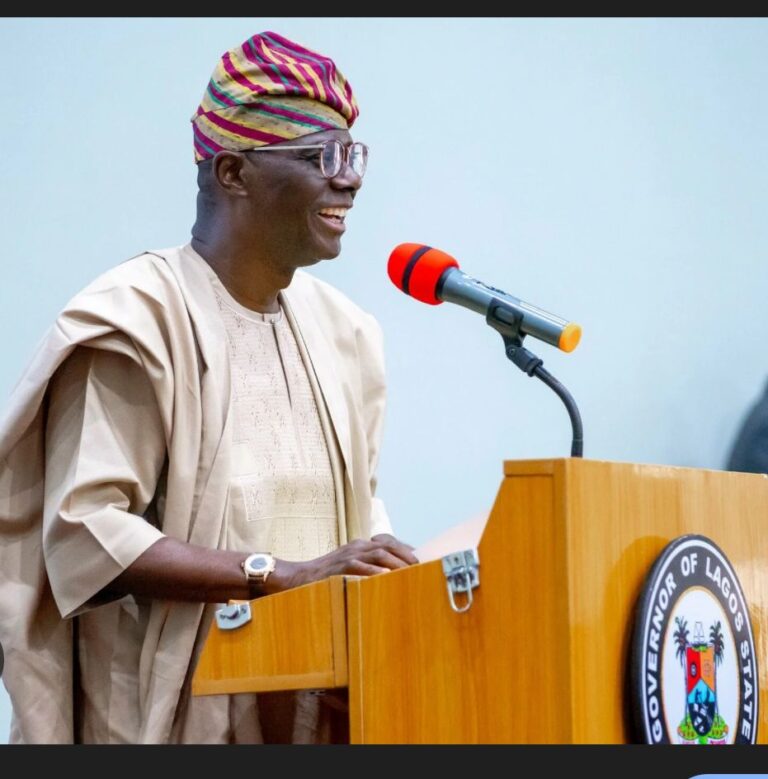
The Chief Executive Officer of Open Access Data Centres, Ayotunde Coker, has predicted that the ongoing expansion of data centres in Lagos could drive up to $7bn in economic growth for the city.
Speaking on the promising future of the data centre market, the former MainOne CEO, highlighted the significant investments and infrastructure developments underway in the region.
Coker explained that, in the coming years, Lagos is set to experience a surge in data centre capacity, positioning it to rival Johannesburg as one of Africa’s key data hub cities.
“In the next four years, Lagos is on track to see significant growth comparable to Johannesburg. South Africa currently holds over 50 per cent of Africa’s installed data centre capacity, with most of it concentrated in Johannesburg. I believe Lagos’s trajectory will approach this level,”.
The CEO pointed to the ongoing development of around 70 to 80 megawatts of additional data centre capacity in Lagos, underscoring the scale of investment in the city’s digital infrastructure.
Companies such as Open Access are driving much of this expansion, with facilities being built in strategic areas such as Lekki, where the company is developing a 12-megawatt expandable facility.
“Currently, we are building a facility in Lekki with an initial 12-megawatt capacity, and our plans include expanding it to 24 megawatts. Additionally, Kasi Cloud is developing a 5-megawatt facility in Lekki, which can be expanded to 15 megawatts, while Airtel is constructing a 20-megawatt facility in Eko Atlantic,” Coker noted. “MTN is also building a 5-megawatt data centre on the mainland for its own use.”
He pointed out the significant investment costs behind these projects.
“Each megawatt of capacity typically costs between $9m and $14m, depending on construction efficiency.
Assuming an average cost of $10m per megawatt, the 70 megawatts of additional capacity being built represents an investment of around $700m,” he explained.
Coker also referenced studies that suggest a tenfold return on data centre investments, with the potential to generate up to $7bn in economic impact for Lagos.
“Even with a conservative estimate, data centre investments can lead to a 10-fold direct or induced economic impact. This means that the total impact could be as high as $7bn,” Coker said.








